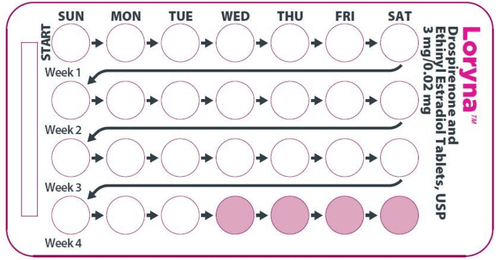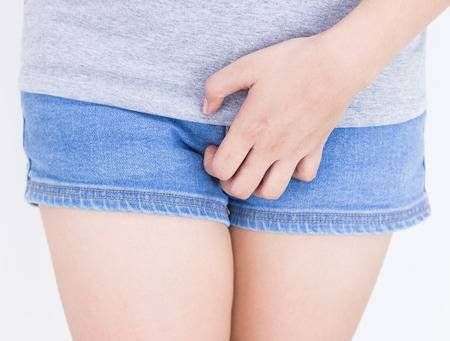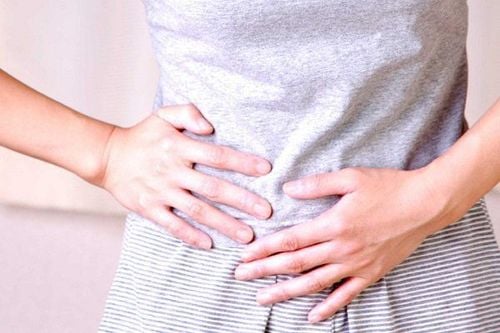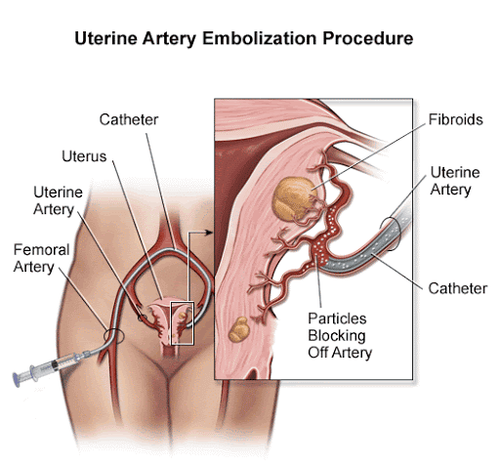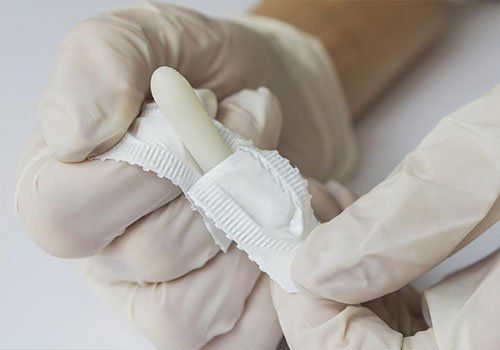This is an automatically translated article.
Pain during or after sex can have many causes, such as: Illness, infection, physical problems, psychological problems... If pain during sex, You should see a specialist to be able to determine the obvious cause of the pain, as well as receive early treatment to avoid health risks.
1. Pain caused by sex
Pain during sex can affect both men and women. For women, they will feel pain during or after sex in places like the vagina or deeper in the pelvis or may bleed during sex. This pain can be caused by:
Infection: Thrush or a sexually transmitted infection (STI), such as chlamydia, gonorrhea, or genital herpes... Menopause: Changing hormone levels can make a woman's vagina dry. Tightness of muscles in or around the vagina Female genital irritation or allergies caused by spermicides, condoms, or other products such as soaps or shampoos Pelvic inflammatory disease (PID) endometriosis Fibroids growing near the vagina or cervix Irritable bowel syndrome (IBS)

Cả nam và nữ đều có thể bị đau khi quan hệ tình dục
For men, conditions that cause pain during sex include:
Infections: Thrush can cause pain and itching or some sexually transmitted diseases like herpes foreskin Prostatitis Testicular pain and swelling can sometimes cause sexual arousal but no ejaculation Pain from sex in both men and women can cause serious health problems. Therefore, when abnormal signs appear after sex, these subjects should see a doctor for examination and advice for timely treatment.
2. Pain from sex is caused by vulvovaginitis
Case study in a woman, when she had sex with the man who would become her husband, but was not prepared in advance. However, soon she felt discomfort and pain in the genital area. This situation is getting worse and worse.
At first she thought that the cause of the pain might be a fungal infection. However, when she was examined and diagnosed by a doctor, it turned out that she had vulvovaginitis, an inflammation of the tissues around the entrance to the vagina. This puts pressure on the inflamed area leading to intense pain.
This condition is often accompanied by burning, stinging and irritation of the affected area. Laser surgery will remove some of the painful tissue and only temporarily improve the condition.

Viêm tiền đình âm hộ gây ra triệu chứng bỏng rát và châm chích sau khi quan hệ
2.1. The cause of pain in vulvovaginitis was not recognized by medical science until the 1980s. Before that time, doctors argued that vulvar pain was psychological and regularly refer their patients to mental health professionals.
Recently, however, researchers may have found the cause of this painful sex condition. Research published in the American Journal of Obstetrics and Gynecology suggests that genetic disorders may be to blame. More than half of the 68 women in the study were diagnosed with vulvovaginitis along with a finding of a genetic abnormality.
According to a study by scientists at Cornell University, the genes considered are related to the cessation of the inflammatory response in most women. But a lot of women with vulvovaginitis have a rare form of a gene that makes them less able to stop the inflammation. These women also often suffer from other inflammatory problems such as nasal congestion.
2.2. Certain treatments The Cornell University team says these studies could be the first step toward finding an effective treatment. Because, anti-inflammatory drugs do not work to treat this inflammation.
For the case study that should be above, the doctor found the answer was biofeedback - a technique that measures specific body responses such as heart rate, muscle tension. The results of this measurement are transmitted in the form of sound or light so that these reactions can be recognized and ways of controlling them.
Biofeedback was first used in the treatment of vulvovaginitis in 1995 by Howard Glazer - Clinical PhD in Psychology in Obstetrics and Gynecology. He says that about 90% of his patients experience significant pain relief through biofeedback. When using this method, painful skin inflammation can be reduced by stabilizing the pelvic muscles.
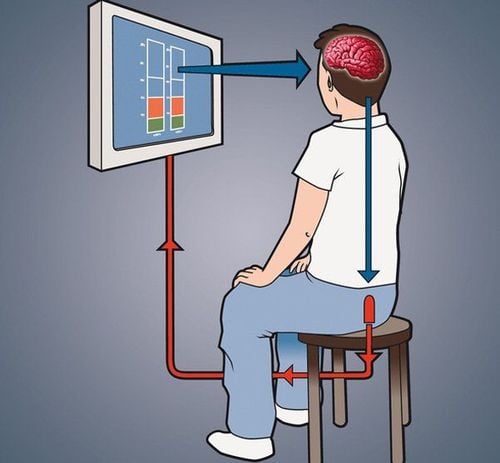
Phản hồi sinh học giúp giảm viêm da gây đau hiệu quả
Also, when using injections of interferon - is an anti-viral and anti-cancer drug that has been shown to suppress the inflammatory response in some women. The study, published in the Journal of Biological Medicine, found that 27 out of 55 patients (49%) treated with the drug experienced "partial or significant improvement".
Surgery to remove painful tissue also improves or cures the condition by up to 89% (Journal of Women's Health). But only one-third of cases see an effect with this treatment. What's more, in some cases surgery can even make the condition worse.
Physical therapy is also a potential treatment. A study in the Journal of Marital Sex Therapy found that 71% of women with moderate to severe pain attended physical therapy to improve their condition.
Many women experience occasional mild flare-ups even after successful treatment. So the discovery of the defective gene will spur the development of new treatments and will make more doctors realize that vulvovaginitis is a disorder that deserves more attention.
Vinmec International General Hospital with a system of modern facilities, medical equipment and a team of experts and doctors with many years of experience in medical examination and treatment, patients can rest assured to visit. examination and treatment at the Hospital.
To register for examination and treatment at Vinmec International General Hospital, you can contact Vinmec Health System nationwide, or register online HERE.
Reference source: webmd.com
MORE
What causes pain during sex? 5 common causes of vaginitis What are sexually transmitted diseases?




